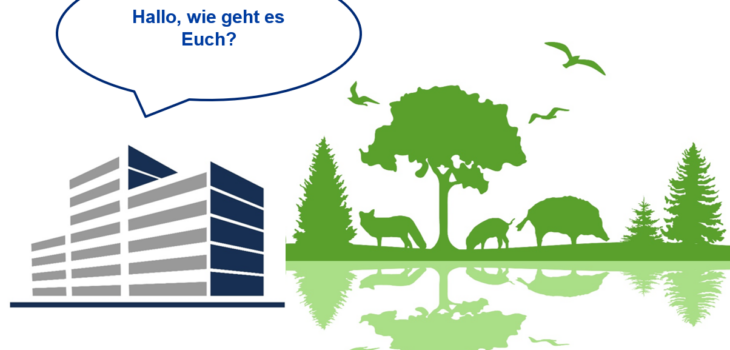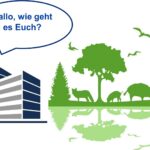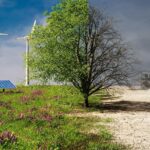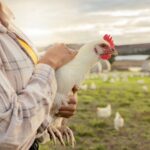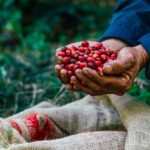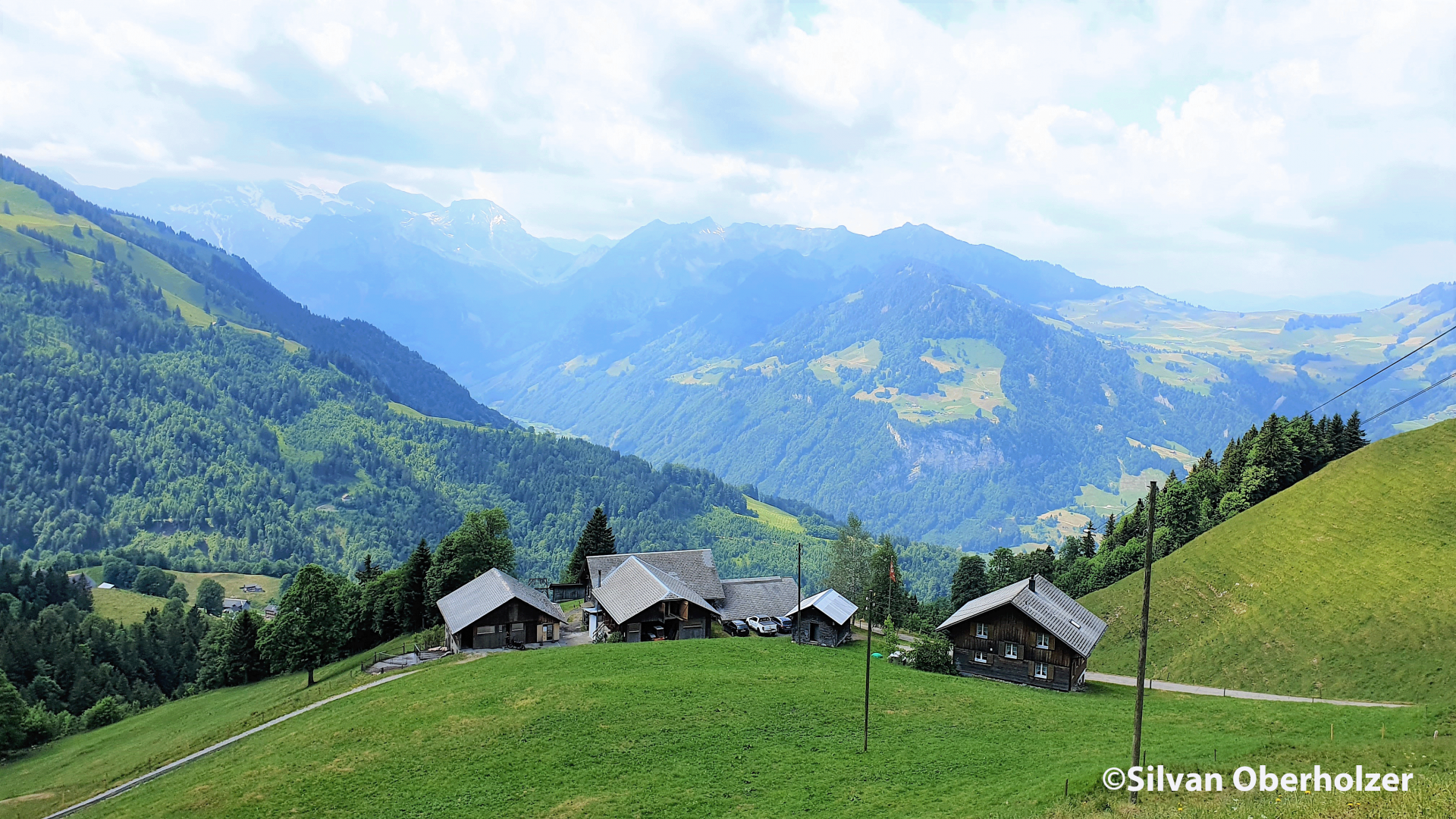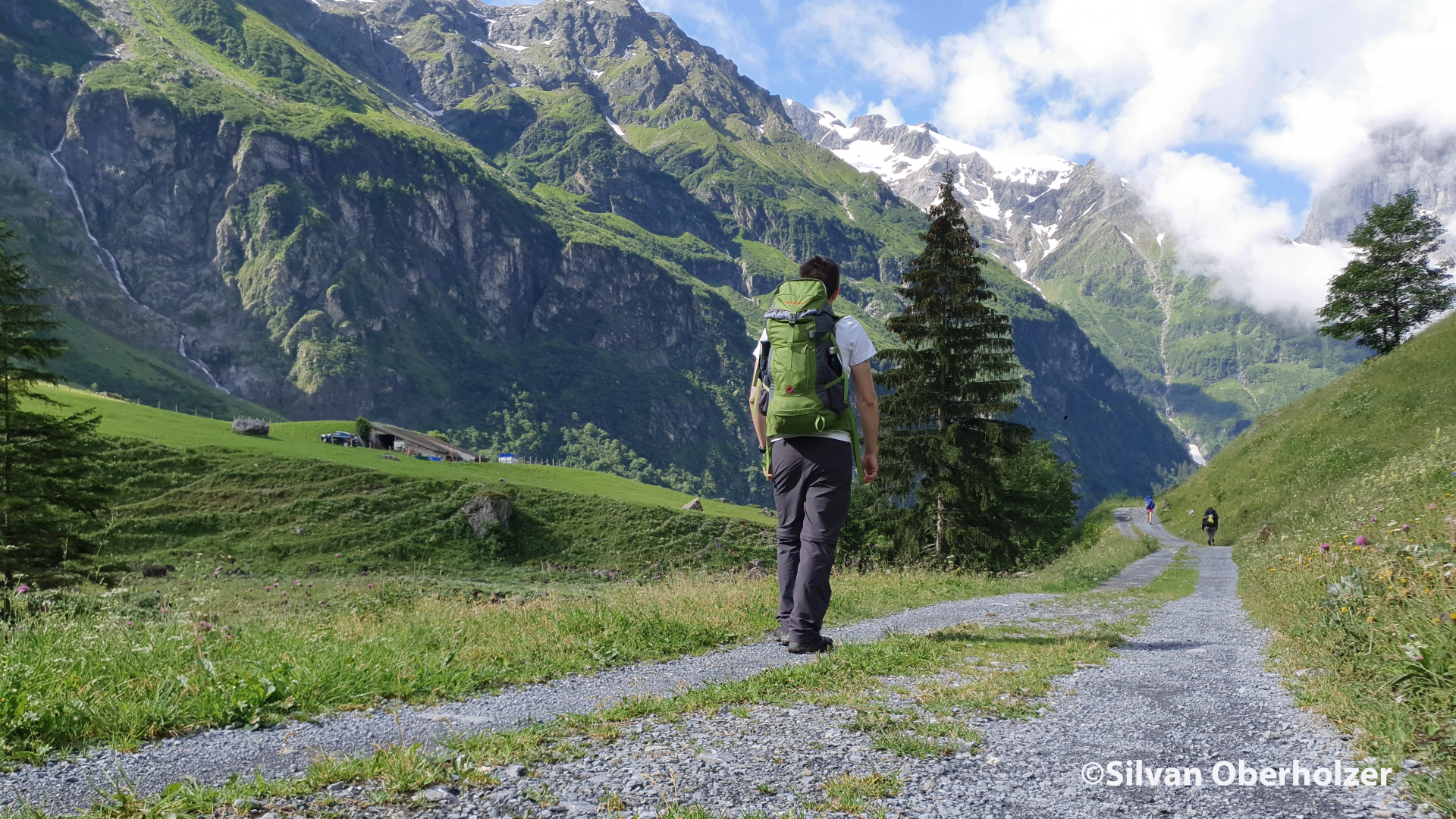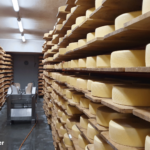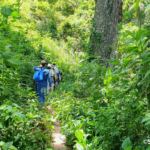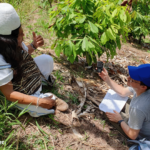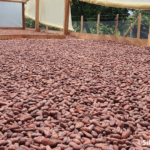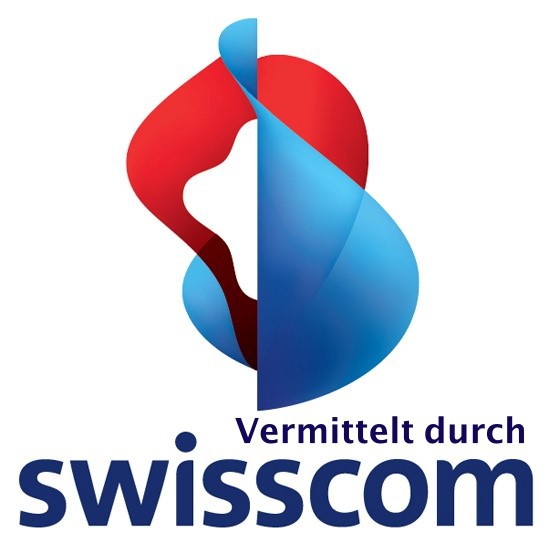Initial findings from field research in Switzerland and Colombia
As part of the "There for Nature" project, Silvan Oberholzer conducted several interviews on alps in Central Switzerland between June and July 2023. In exchanges with people who work in the alpine economy (alpine cheesemakers, alpine farmers, restaurateurs), he not only gained an insight into life during the "alpine summer", but also into the relationship between man and nature in the context of the business. 🏔🥾🔎
The conversations revolved around the relationship of companies with parts of nature that are relevant to them. From these strongly marked relationships in the context of the alpine economy, we gained, among other things, the following initial insights: 💡
- The inclusion of the needs and interests of parts of nature in business activities makes it possible to achieve a better balance between profit and the well-being of nature. The conscious perception of signals from nature and doing business in the rhythm of nature promote this balance. 💰⚖️🌿
- Prudent management of parts of nature requires planning. At the same time, flexibility shapes the human-nature relationship in many nature-related business contexts. Acting with foresight and identifying particularly relevant parts of nature can mitigate certain risks to business operations. 📉
- Instead of competition, partnerships based on trust allow for careful management of parts of nature. For example, through the joint use of land, not only the yield but also the ecological balance can be optimised if the business partners take sufficient account of nature in their activities. 🤝🌱
Between August and September 2023, Silvan Oberholzer was then on the road for "There for Nature" in the Sierra Nevada de Santa Marta (the "heart of the world") in Colombia. This is because the aim of the project is to make other knowledge heard that is often neglected, in addition to the knowledge that is widespread in the European context. In particular, the knowledge of indigenous peoples, which has been passed down over thousands of years, teaches us a lot about how to deal with parts of nature. This knowledge is central to sustainability transformation, which is different in different contexts. This also applies to the human-nature relationship in the corporate context and the associated perception of parts of nature as stakeholders. 🔎🌿
From the discussions with representatives of indigenous businesses in the Sierra Nevada de Santa Marta (coffee and cocoa producers, tourism agents), we have gained the following initial insights, among others: 💡
- Thinking in terms of relationships rather than entities can help to better understand the complexity of the impact of corporate activities on nature. In the network of relationships between human and non-human parts of nature, we humans, and therefore companies, have a role to play in looking after the health of this network of relationships. 🌿🕸🤝
- Awareness of the positive as well as negative effects of one's own activities on the environment is central to sustainable business. Spirituality can also play a central role in the corporate context. This can create spaces for reflection that promote active engagement with the awareness of the consequences of one's own actions. 💭
- Communication with parts of nature is far more complex than the verbal communication we are used to. A better understanding of this communication helps to take into account the needs of parts of nature in the corporate context in order to create shared value for the company and nature. 📢
The project "There for Nature" aims to explore direct organisation-nature relationship patterns to make corporate action more sustainable. More insights into the project will follow! 🌱
